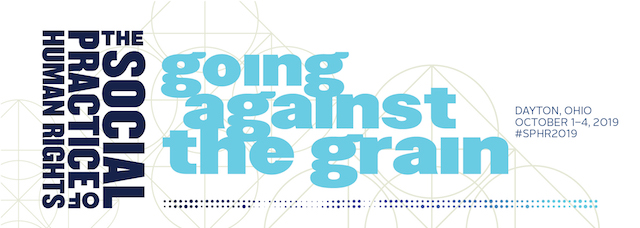Paper/Proposal Title
The Impacts of Warming Coffee: The Climate Change-Coffee-Migration Nexus in the Northern Triangle of Central America
Location
Poster Session
Start Date
10-3-2019 8:00 AM
End Date
10-3-2019 9:00 AM
Keywords
migration, climate change, Central America
Abstract
As climate change continues to threaten every corner of the world, millions of people find their livelihoods and food security at risk as a result of a warming planet. With their human right to livelihood and adequate nutrition at threat, some make the difficult decision to emigrate in search of economic security. The climate change-migration nexus is illustrated in this poster presentation which shows how slow-onset effects of climate change jeopardize the production of coffee in the Northern Triangle of Central America (NTCA), a region that is particularly vulnerable. Thousands of people who depend on coffee production around Guatemala, Honduras, and El Salvador have already seen their livelihoods destroyed and consequently were forced to move. The future of such migrants is uncertain, given the continuing ecological crisis in the region and the lack of pathways to legal inclusion for this displaced population.
Author/Speaker Biographical Statement(s)
Connor Lynch Undergraduate Student International Studies & French University of Dayton
Included in
Environmental Studies Commons, International Relations Commons, Latin American Studies Commons, Migration Studies Commons
The Impacts of Warming Coffee: The Climate Change-Coffee-Migration Nexus in the Northern Triangle of Central America
Poster Session
As climate change continues to threaten every corner of the world, millions of people find their livelihoods and food security at risk as a result of a warming planet. With their human right to livelihood and adequate nutrition at threat, some make the difficult decision to emigrate in search of economic security. The climate change-migration nexus is illustrated in this poster presentation which shows how slow-onset effects of climate change jeopardize the production of coffee in the Northern Triangle of Central America (NTCA), a region that is particularly vulnerable. Thousands of people who depend on coffee production around Guatemala, Honduras, and El Salvador have already seen their livelihoods destroyed and consequently were forced to move. The future of such migrants is uncertain, given the continuing ecological crisis in the region and the lack of pathways to legal inclusion for this displaced population.



